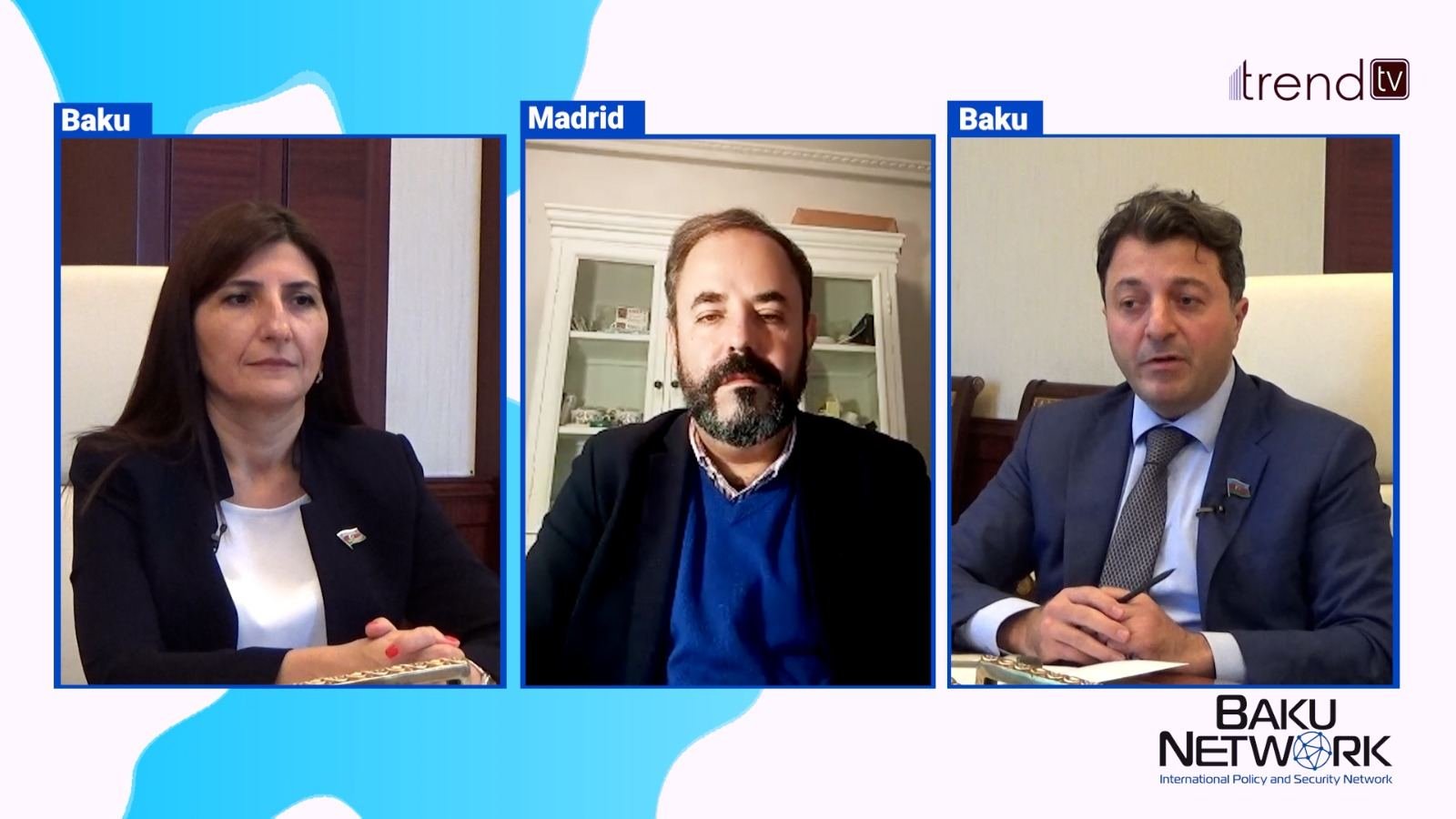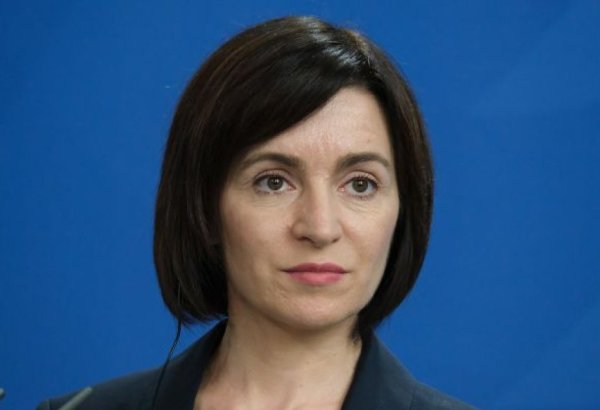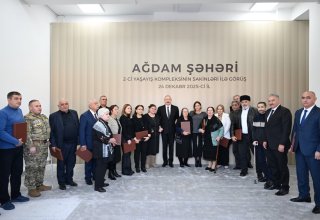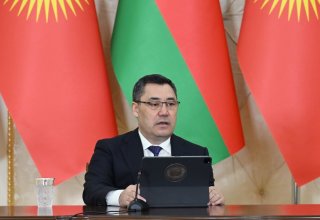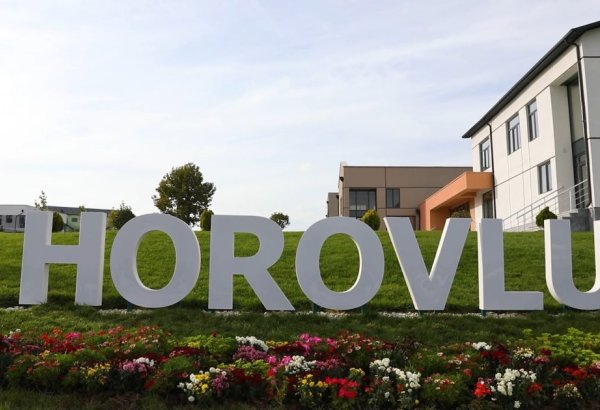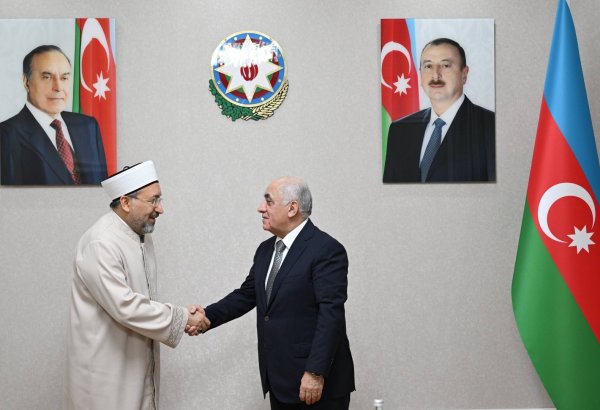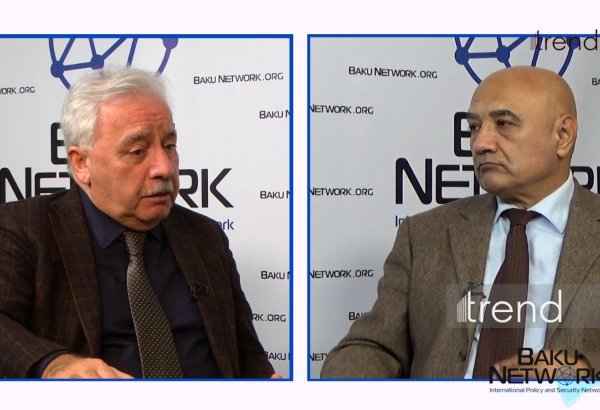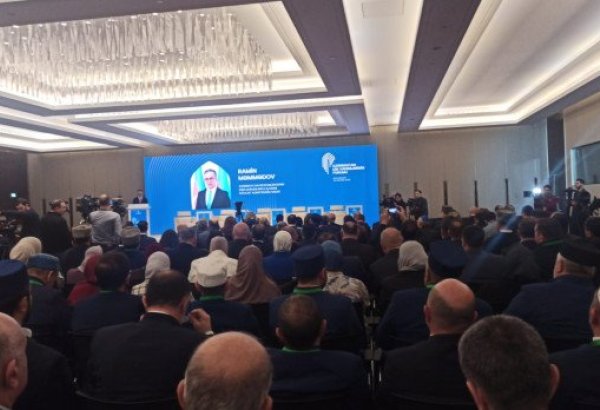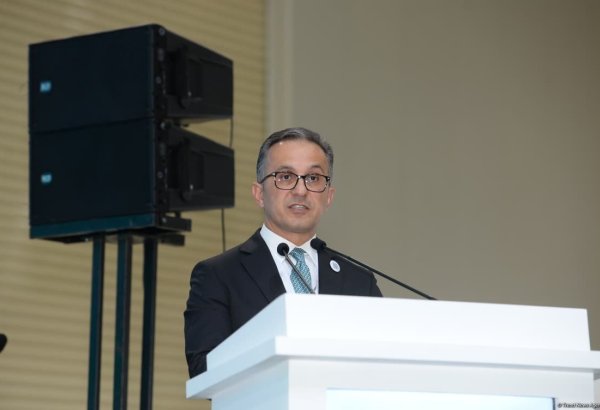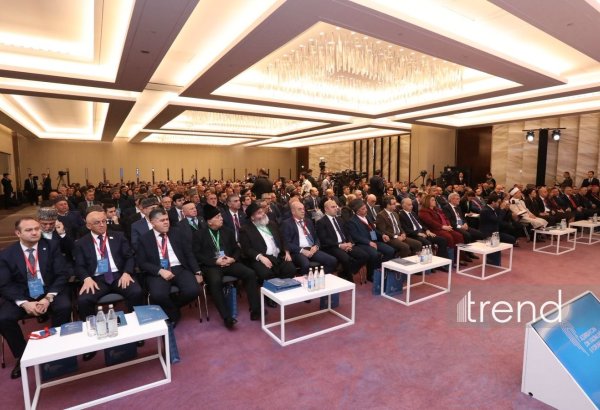BAKU, Azerbaijan, November 6. Members of the Azerbaijani Parliament Tural Ganjaliyev and Sevil Mikailova held discussions with Carlos Uriarte Sánchez, Secretary General of Paneuropa Spain and a member of the Presidency of the International Paneuropean Union, a Professor of Law at Rey Juan Carlos University in Spain within the Baku Network platform, TurkicWorld reports.
The experts explored various topics, including bilateral relations between Azerbaijan and Spain, interactions among parliamentarians, Europe's stance on the Azerbaijani-Armenian resolution, energy security, and other shared concerns.
Sevil Mikayilova noted the challenges in Azerbaijan-EU relations in the political arena.
"We see parliaments of EU countries adopting biased resolutions. This is another issue that can be discussed, but the fact is that those resolutions diverge significantly from the realities in the South Caucasus. They tend to unfairly blame Azerbaijan for circumstances that have not occurred. The latest resolution from the Spanish Parliament is no exception. We urge our European colleagues to act responsibly and consider the delicate situation between Azerbaijan and Armenia as the two countries work towards normalization," she said.
In this context, Professor Sánchez expressed frustration with certain European parliamentarians who maintain a biased stance on the Azerbaijani-Armenian issue.
"The upper chamber of the Spanish Parliament represents different regions of Spain and does not hold a significant role. As has been rightly pointed out, these documents are often approved without a thorough understanding of the actual situation. If these allegations were true, this resolution could have been adopted at least one month before the events in Karabakh. The issue may be related to the perception that the Karabakh issue had been forgotten. There is an Armenian lobby attempting to promote such resolutions in the parliaments of various European countries," he said.
Tural Ganjaliyev underscored the impact of misinformation and the spread of fake news on European parliamentarians, especially within the European Parliament, when making decisions related to the South Caucasus.
"This is why we need to engage with them, have conversations with our colleagues, professors, and parliament members. We are open to discussing these issues to convince them that sometimes they make decisions that are counterproductive and do not reflect the truth," he stated.
The experts also discussed issues related to separatism and territorial integrity, which are of great concern to both Azerbaijan and Spain.
Sevil Mikayilova pointed out that Azerbaijan's experience in defeating separatism could serve as a valuable example for Spain, which is still grappling with similar challenges.
"Currently, we are in the process of reintegrating people of Armenian origin living in Karabakh into Azerbaijani society. Azerbaijan's success and victory can be an example for those who are facing similar problems. Therefore, I think we should continue discussions to showcase and share our experiences," she said.
Furthermore, the experts discussed the ongoing cooperation between Azerbaijan and the EU in the energy sector.
Sevil Mikayilova emphasized Azerbaijan's strong partnerships with European nations, especially in the diversification of gas supplies. Azerbaijan has signed a Memorandum of Understanding for energy collaboration with the European Commission, and has also reached agreements with four other European countries for the export of hydrocarbons.
"As Azerbaijan has reclaimed its territories from Armenian occupation, it has unlocked substantial potential for developing renewable energy sources. Azerbaijan is currently working on projects to establish 'smart villages' and a green economy. This enables our country to export more of its hydrocarbon reserves to the EU partners who are facing energy security challenges. The EU's efforts to increase renewable energy imports can be complemented by Azerbaijan's desire to boost its green energy production. In the near future, we may witness significant volumes of green energy and green electricity supplied from Azerbaijan to Europe. In this regard, Spain can explore these opportunities. I believe that the Spanish Government could take the initiative to collaborate with Azerbaijan in this sphere," she added.
In wrapping up the discussions, Professor Sánchez highlighted the significance of shared positions between Azerbaijan and Spain in their bilateral relations, particularly concerning territorial integrity.
"There is a need to maintain collaborative efforts in supporting each other. While Azerbaijan has successfully regained its territories and territorial integrity, ongoing debates on this matter are expected. We are grateful for Azerbaijan's support on the Catalonia issue and we reiterate Spain's support for Azerbaijan," he concluded.








